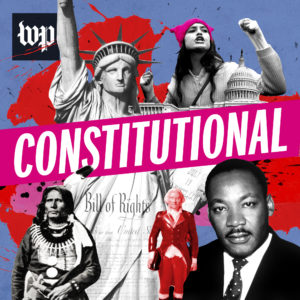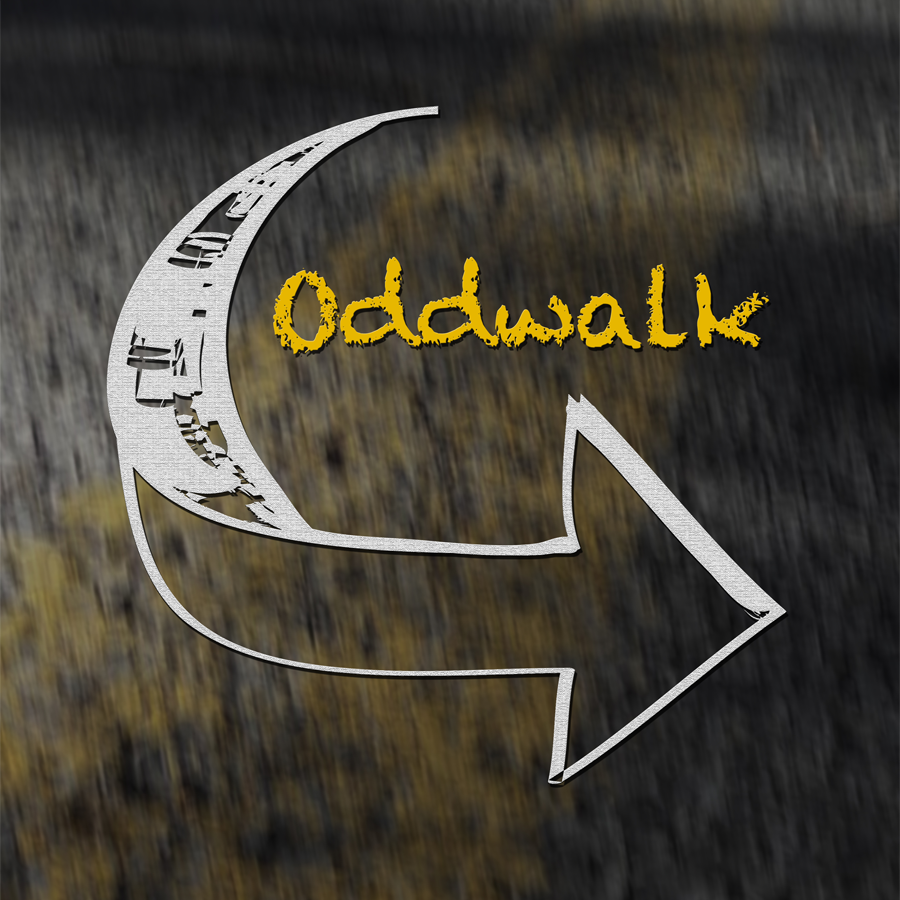 If you are anything like me, you spend a lot of time in the car. Whether it’s driving kids to and from school, getting them to their various sports practices, or making umpteen daily trips to Walmart, it seems like I spend much more time behind the wheel than I do anywhere else. It used to be that this time was my time to listen to music, but lately, I’ve been much more interested in podcasts. Particularly, I’m finding fascinating those podcasts having to do with American history. Recently, I finished up a podcast series called Constitutional, which was spearheaded and hosted by Washington Post journalist, Lillian Cunningham. In it, Ms. Cunningham explores the ins and outs of the Constitution and its history, through the lens of its twenty-seven amendments. It was extremely well put together. I truly hated that it had to end.
If you are anything like me, you spend a lot of time in the car. Whether it’s driving kids to and from school, getting them to their various sports practices, or making umpteen daily trips to Walmart, it seems like I spend much more time behind the wheel than I do anywhere else. It used to be that this time was my time to listen to music, but lately, I’ve been much more interested in podcasts. Particularly, I’m finding fascinating those podcasts having to do with American history. Recently, I finished up a podcast series called Constitutional, which was spearheaded and hosted by Washington Post journalist, Lillian Cunningham. In it, Ms. Cunningham explores the ins and outs of the Constitution and its history, through the lens of its twenty-seven amendments. It was extremely well put together. I truly hated that it had to end.
(side note: If you’re actually going to check out Constitutional, I encourage you to also check out Ms. Cunningham’s other (and first) podcast effort, Presidential, which profiles the first forty-four U.S. presidents and concludes with an episode recorded the day after Donald Trump was elected)
Anyway, so what did I learn after listening to all nineteen episodes? I learned that we are terrible people and there is no hope for humanity. Ok, it wasn’t that bad. Well, maybe it was, at times. It was, however, enlightening. Throughout my lifetime, I had certainly heard about the many atrocities committed in the name of American progress. I guess I had just never heard these wicked events described with such a human touch. Much of Constitutional discussed the intersection of law and human experience. I learned about Standing Bear, a Native-American chief of the Ponca tribe, who, after enduring much hardship, had to wait while a white district court judge determined whether or not Standing Bear, was, in fact, a person. I learned about the harassment Jehovah’s Witness members had to face because they refused to go against their religious beliefs and salute the American flag. I learned about the predominantly African-American prisoners at Mississippi’s Parchman Farm. Prisoners of this institution were abused daily and were made to live and work within a plantation-style environment, which even involved being forced to pick cotton. Sadly, this slavery-like culture was allowed to exist many decades after the Emancipation Proclamation and the ratification of the 13th Constitutional Amendment, which abolished slavery.
The one thought I had continuously as I listened to this series was how arduous of a process it was for those involved to obtain many of the rights and liberties many of us take for granted every day. For the most part, none of us wonder today if Native-Americans are actually people, none of us today would question the right of a religious institution to profess God’s supremacy over that of the United States, and none of us would suggest that a mostly black population base should be sentenced to pick cotton and live in slave quarters. And yet, all of those things were legal, before they were challenged. Many of the laws that backed the horrors committed by Americans (often in the name of the U.S. Government) once enjoyed a strong backing. Overturning or changing many of these laws involved many decades of work by many hundreds of not thousands of people. But many bad laws were changed, eventually. The work of good people paid off and America grew stronger because of those efforts.
What is right and just is not always obvious to everyone, at least not right away. Know that if your sense of good is rooted in Christ and the Church, you are likely pointed in the right direction. Stay true to your conscience and keep fighting for justice for all. Remember, love never fails.
-Shannon
